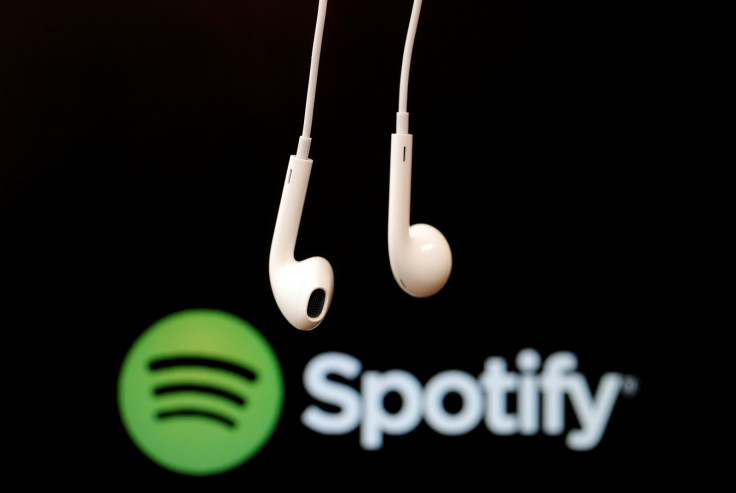Spotify gives consumers an inside look into its new AI-powered feature 'DJ'
The new feature highlights one of the fatal flaws and common fears surrounding AI technology, replacing the human workforce entirely.

Spotify, on February 22, released the beta version of its newest AI-powered feature, DJ, to Premium users from the United States and Canada. Xavier "X" Jernigan, more commonly known as one of the hosts for the app's first-ever morning show, "The Get Up," voices the first model of the new personalisation technology.
Similar to their "fan-favourite playlists" like Discover Weekly or their annual Wrapped campaign, DJ is another step towards personalising the listening experience of the company's users even further. "We're building on that innovation by harnessing the power of AI in an entirely new way," Spotify reports.
The digital music service describes DJ as a "personalised AI guide" that knows each user's music taste and curates song queues accordingly. This new technology was developed with the help of Spotify's personalisation technology combined with Generative AI through the help of OpenAI. The AI research and deployment company, with the mission of ensuring "artificial general intelligence benefits all of humanity," and the technology they had developed was used by the app to generate insightful recommendations tailored for each customer.
Spotify also used one of its newest acquisitions, Sonantic, to further elevate the experience. The AI voice platform that can "create compelling, nuanced, and stunningly realistic voices from (the) text" made a deal with the listening platform in June of last year, and the two have been partners ever since. Spotify had already hinted around that time, as well, that there would be a possibility of using the voice technology's unique patented algorithms to "give context to users about upcoming recommendations when they aren't looking at their screens."
They currently use the voice of Xavier "X" Jernigan, the Head of Cultural Partnerships, as a voice model for DJ. The listening platform stated that this was because of X's personality and voice that resonated with listeners of its first personalised podcast, resulting in more active and loyal listeners.
Multiple users have professed their appreciation for the feature on social media platforms. Some have mentioned that DJ is "life-changing" and that they are "obsessed" with AI-powered technology. Spotify also reported that fans spent over 25 per cent of their time on the platform listening to DJs. To commemorate the successful beta testing, they featured the creators of the personalised tool on "For the Record," the company's podcast dedicated to giving listeners a behind-the-scenes perspective into their latest updates.
Zian Sultan, Spotify's Vice President of Personalisation, boasted, "Personalisation is at the heart of what we do. When we ask our listeners what they like most about Spotify, more than 81% cite our personalisation." They also stated that this same recipe was applied to DJ by mixing state-of-the-art technology with "the world's best music curators."
The Product Director of DJ, Zeena Qureshi, also delved into the reasons why they decided to use human-like AI-powered voices. "We found that having the voice sound human is key for users to foster a deeper connection with DJ, as human voice provides familiarity and instant context," Qureshi explained. Meanwhile, J.J. Italiano proudly announced that having "human editorial expertise married with cutting-edge technology" is Spotify's superpower. The Head of Global Hits also informed listeners that they had created a "Writers' Room" involving music and culture experts, data curators, scriptwriters, and generative AI.
It is not surprising that Spotify has also joined the bandwagon of AI technology, given that AI chatbots like Replika have become more popular nowadays. However, the Swedish music streaming giant reportedly cut 6 per cent of its approximately 10,000 employees in January. This further shows one of the fatal flaws and common fears about AI technology and how it might soon replace the whole human workforce entirely.
© Copyright IBTimes 2025. All rights reserved.






















